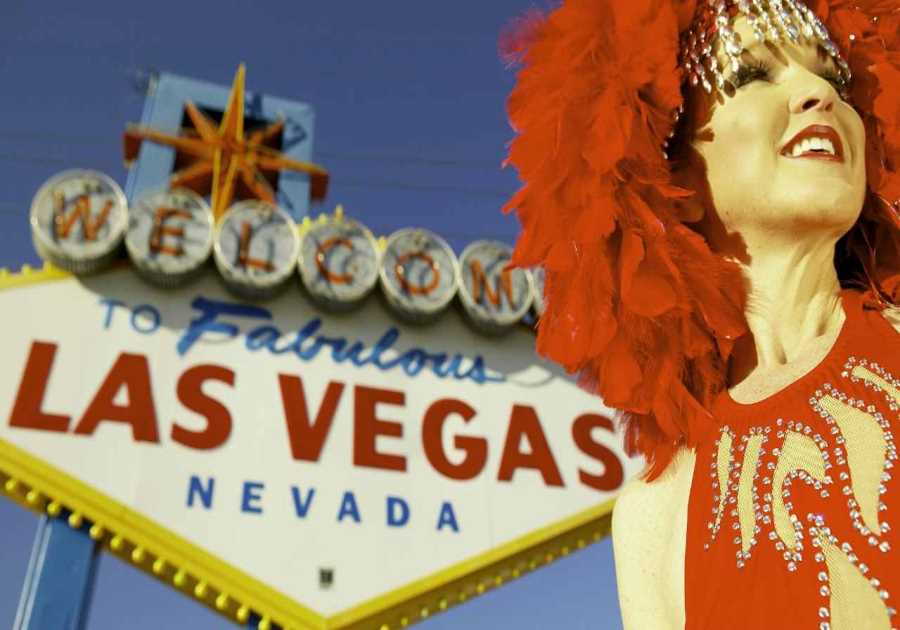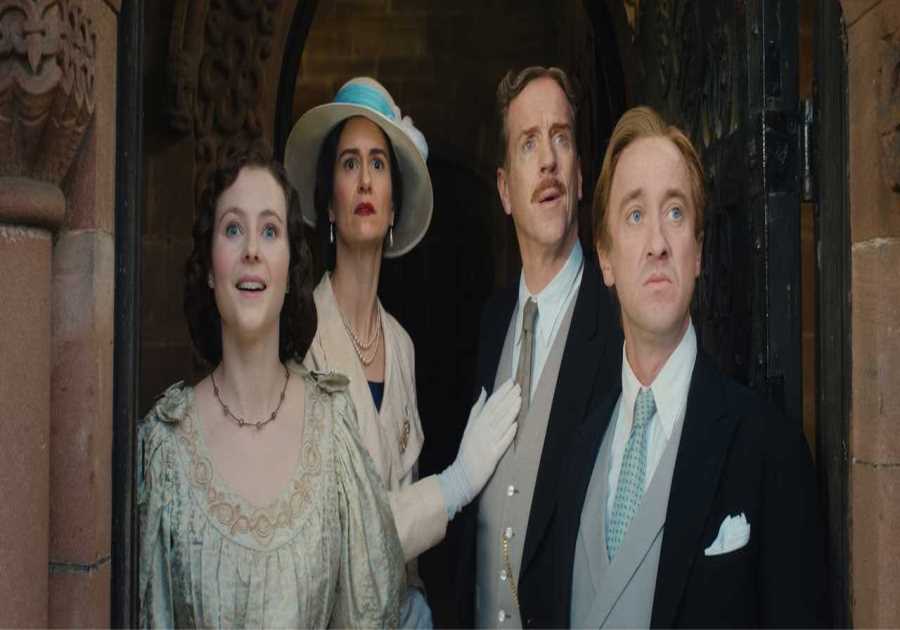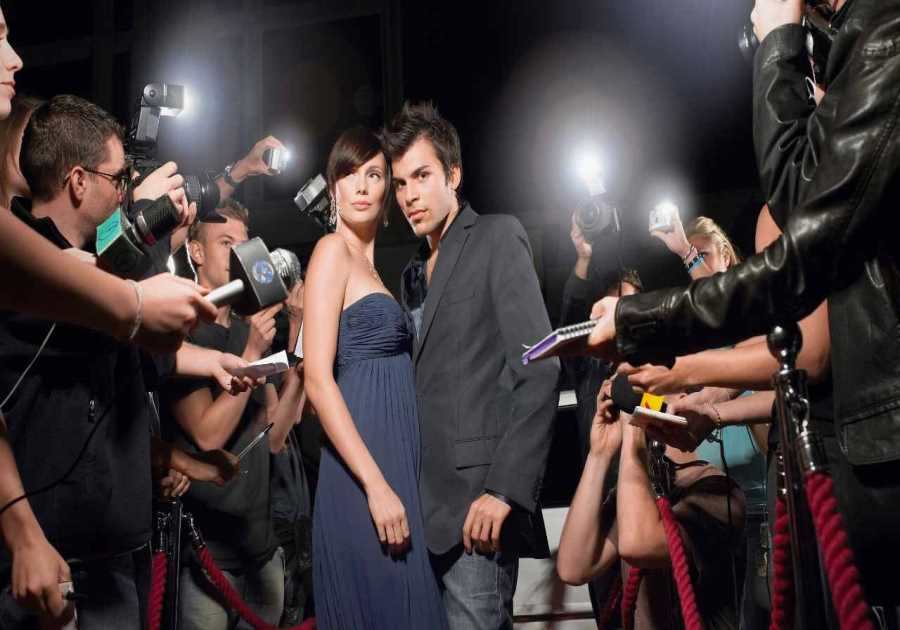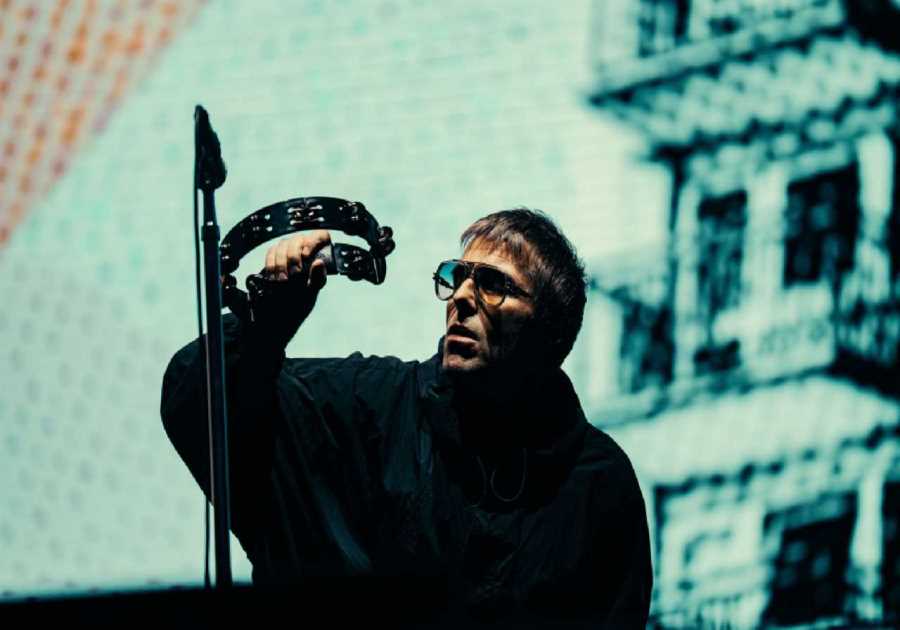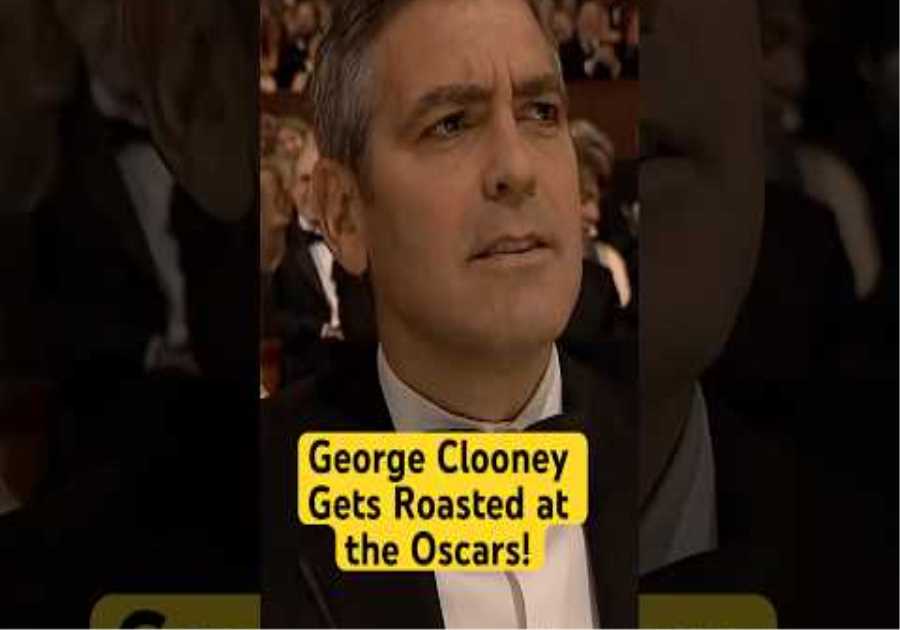In 2014, there was something at least somewhat unique about Chris Pratt getting to headline a major blockbuster like Guardians of the Galaxy. True, he was a white guy named Chris, which made him one of many among Marvel Cinematic Universe leading men. However, the blockbuster landscape at this point was about finding the next teenage heartthrob in the vein of Robert Pattinson or Josh Hutcherson. Contrasting that was Pratt, a guy in his mid-30s who had abs to spare but was more dorky than dreamy. He couldn’t even hand off an Infinity Stone without accidentally dropping the precious item.
Pratt wasn’t a total revamping of Hollywood leading men, but he did offer something different from the norm in 2014. Cut to seven years later and it’s hard to tell Pratt apart from his contemporaries. Someone who once felt a smidge different from the crowd is now starring in productions that seemed to have come off an assembly line. The distinctiveness he brought to the part of Peter Quill/Star-Lord in Guardians of the Galaxy is long gone now that he’s headlining projects like The Tomorrow War. Even in subsequent Marvel Cinematic Universe outings where Pratt has channeled his original screen persona in reprising the role of Peter Quill, his performances are no longer the star attraction. Characters like Baby Groot or characters dynamics like Thor & Rocket have surpassed Pratt as the most entertaining parts of the exploits of the Guardians of the Galaxy.
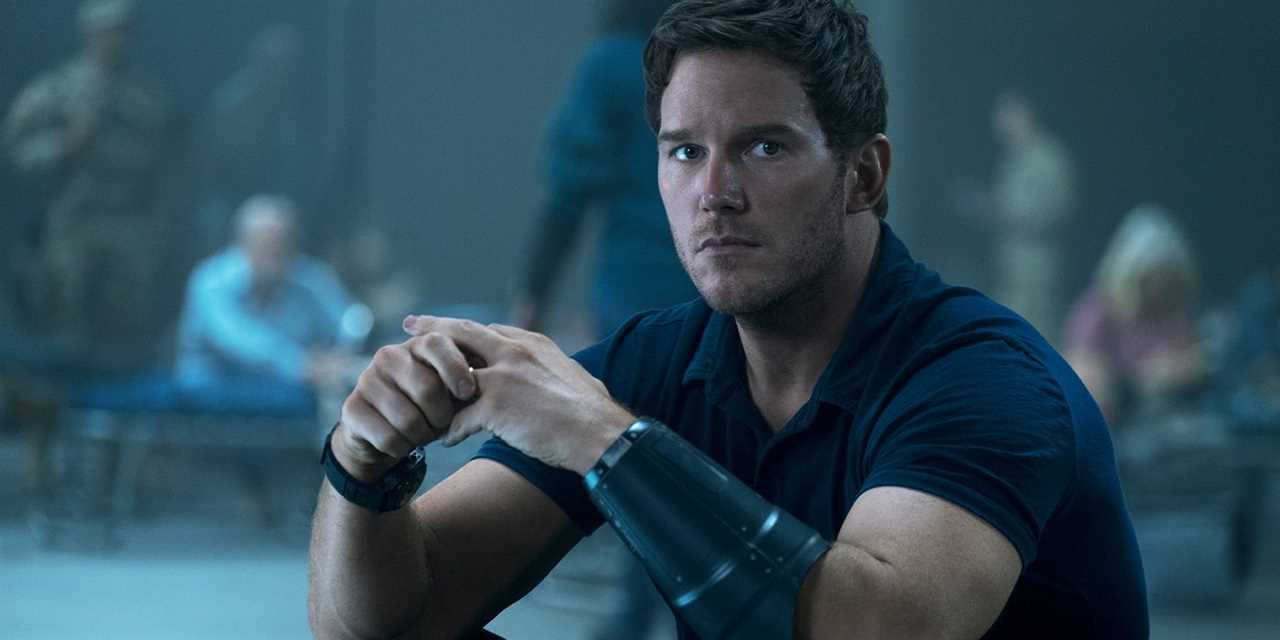
What happened here? How did Chris Pratt lose his way as a leading man?
To answer that question, it’s important to remember that Pratt’s first two leading man gigs were based on subversion. His voice work as Emmet in The LEGO Movie and Quill in Guardians of the Galaxy were all about playing the last person anyone would expect to save the world. To pull off these parts, Pratt’s performances emphasized a sense of naivety that proved critical in turning these characters into enjoyable pieces of subversion.
Emmet, for example, is the ultimate deconstruction of a Chosen One archetype, a figure who starts out akin to Neo from the original The Matrix before ultimately being revealed to be at the center of a prophecy that actually means nothing. Meanwhile, Pratt’s Quill was a young boy’s idea of what a Han Solo character would act like humorously trapped in an adult body. In both cases, Pratt proved more than capable of playing goofballs in way over their head. After all, Pratt had spent his career playing comically flawed everymen in projects like Parks and Recreation. Now he just had to do that in a leading man capacity and with more muscles.
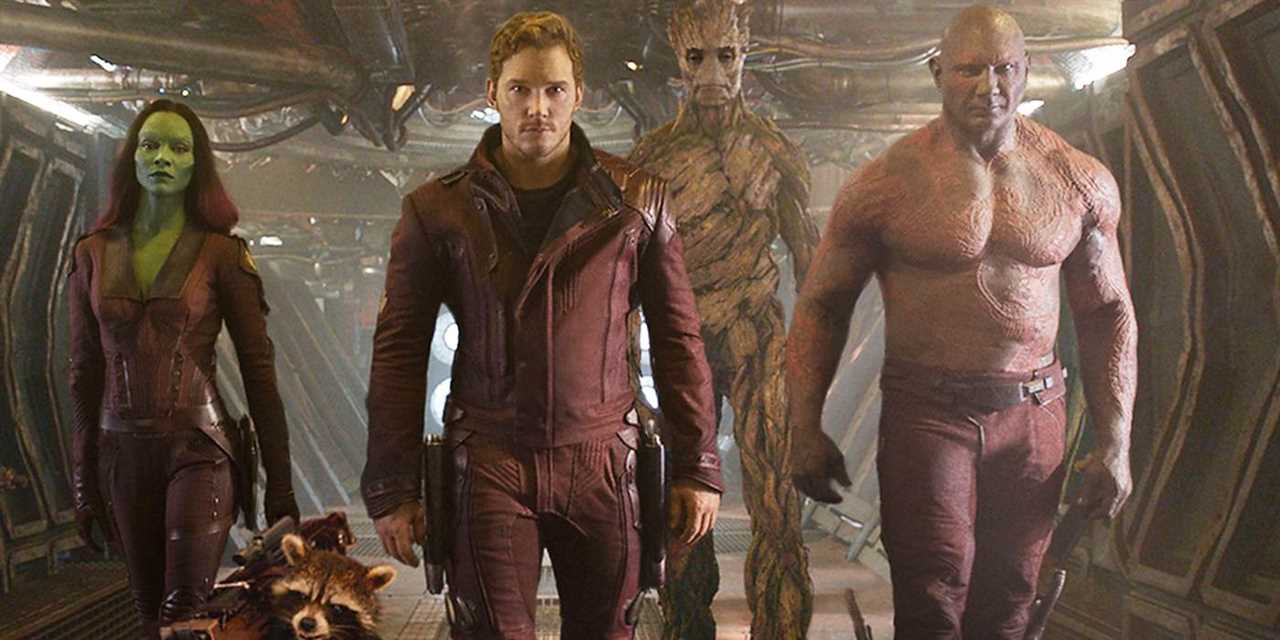
Both Pratt’s experience and commitment to these sorts of characters made them a lot of fun to watch and unique forays in the world of blockbuster protagonists. But once Pratt had ascended to the A-list, Pratt stopped playing subversions of action movie leads. Soon, he was just playing straightforward versions of those characters and eschewing all the traits that made him so unique as a leading man in the first place.
This trend kicked off with Jurassic World, which saw Pratt playing velociraptor wrangler Owen Grady. The original Jurassic Park thrived by putting unexpected characters (like archeologists or a sly mathematician) at the center of a summer blockbuster. Both Jurassic World as a whole and especially Pratt’s performance was drained of personality by leaning on a stock action hero type as the main character.
Pratt has no real personality to wrangle with while playing the part of Grady. His actual talents as an actor, like comedy or exhibiting relatable vulnerability, are never utilized. Instead, he’s just an ultra-macho dude that’s mostly around to provide exposition on the behavior of the dinosaurs other humans keep underestimating. Because all of the big set pieces involve dinosaur-mayhem, Pratt doesn’t even get a chance to deliver some memorable stunt work. He’s just portraying a vacant husk of a man whose personality’s been dialed back enough that he won’t get in the way of the CG reptiles.
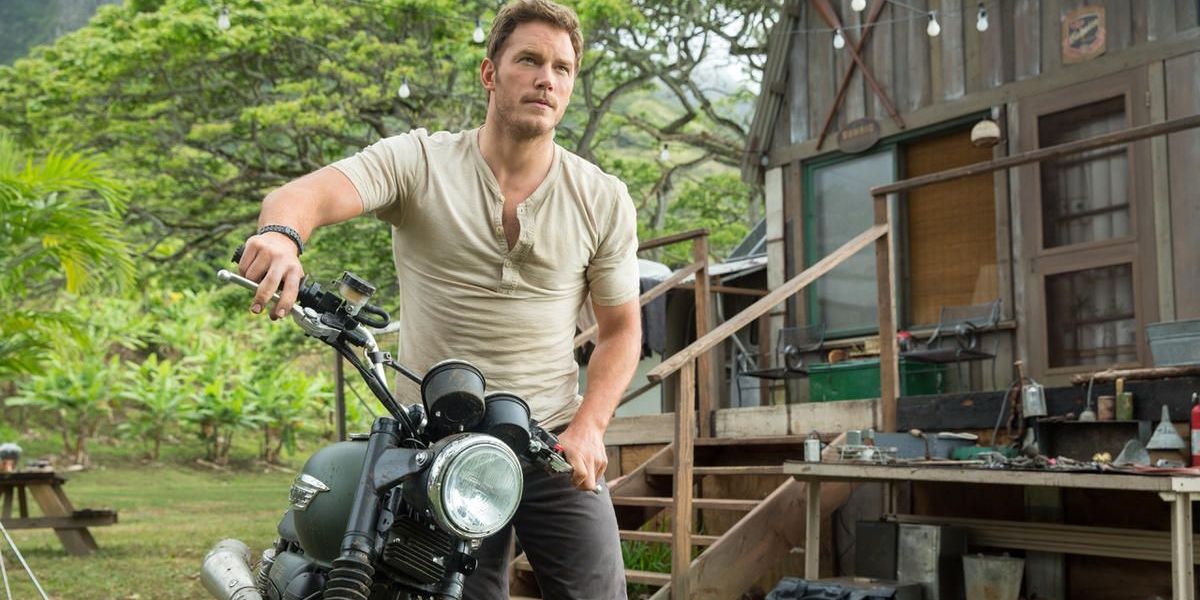
Despite being a considerable step down from his prior leading man performances, Owen Grady became the new model Pratt would follow for his further feature film exploits. The following year, Pratt stepped into the ensemble cast of The Magnificent Seven, in which he plays another run-of-the-mill action movie character. His role in the cast would have proven forgettable under any circumstance, let alone when he’s having to act against enjoyably oversized characters portrayed by the likes of Vincent D’onofrio and Ethan Hawke. Here was further proof that Pratt was no longer the subversion of action film norms. He became the forgettable straight man others played off of.
Just three months after The Magnificent Seven, Pratt headlined another major American movie, Passengers, alongside Jennifer Lawrence. A romantic drama set in the vastness of outer space, Pratt’s persona in the movie once again eschewed the traits that launched him to movie stardom in the first place. The seriousness of his personality exacerbated the creepy undertones of the story, which involved Pratt’s character waking Lawrence's character from cryosleep decades before they arrive at their destination.
The straightforward nature of Pratt’s performance did nothing to mitigate the troublesome aspects of this character or this storyline. There was no sense of comedy to potentially undercut these uncomfortable qualities. Rather than some kind of deviation from the norm, Pratt was playing a typical romantic drama lead, albeit one with possessive undertones. Not only was Pratt’s unwillingness to embrace different roles throwing away his potential as a leading man but it was also exacerbating the problems in the movies he appeared in.
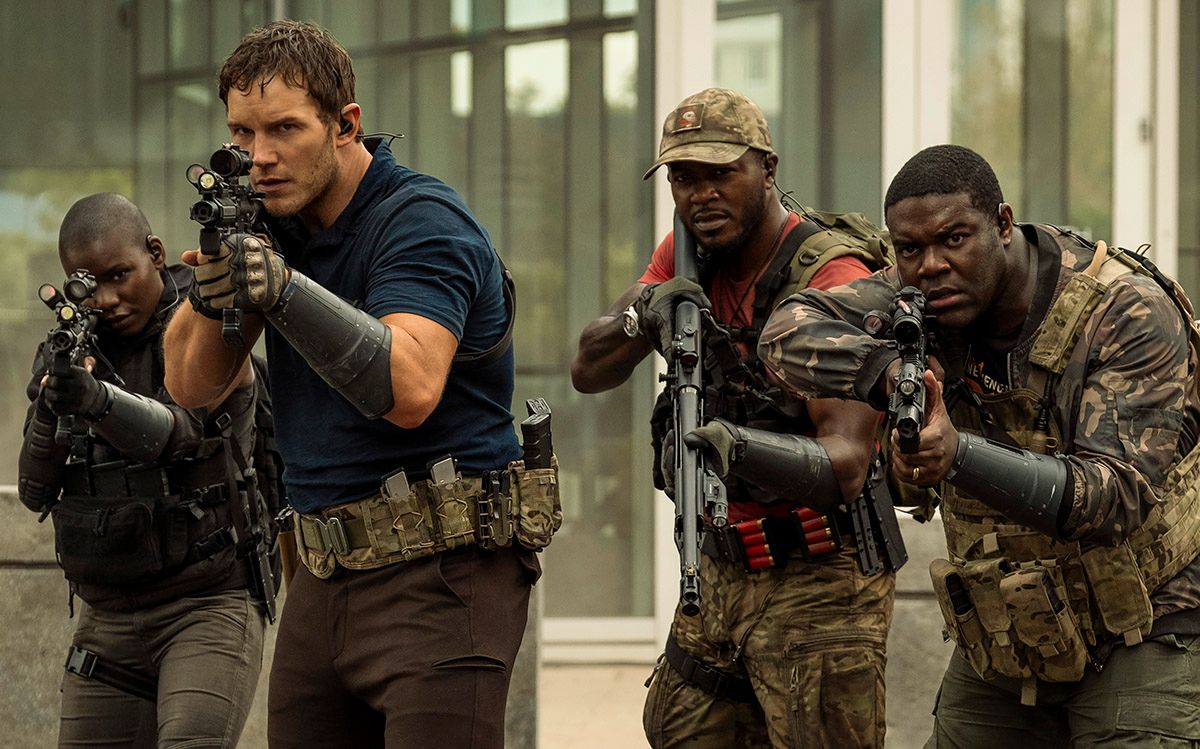
From here, Pratt’s non-Marvel forays leading man territory kept throwing away the traits that he works best with as an actor. Jurassic World: Fallen Kingdom, for example, failed to flesh out Grady as a character in a way that could bring him closer to somebody that Pratt could play well. Instead, he was just doing a rerun of his personality from the first Jurassic World. A personality that was boring the first time gets no more interesting the second go-around. This is especially true given how lifelessly Pratt portrays Grady. Any of the ramshackle charms of his earliest roles have been ironed out to better fit an action hero mold.
It’s impossible to tell why Pratt opted to go for these parts in the wake of Guardians of the Galaxy turning him into such a hot ticket item. Was he trying to recapture the wild success of Jurassic World, his biggest leading man vehicle at the worldwide box office? We’ll never truly know the logic behind this downturn, but it is apparent what isn’t working in Pratt’s worst performances as well as the fact that these turns are continuing.
Pratt’s most recent underwhelming foray into being a leading man came with the Amazon/Skydance blockbuster The Tomorrow War. Despite working under the direction of comedic filmmaker Chris McKay, nothing in The Tomorrow War gives Pratt a chance to work with the kind of characters he excels playing. Instead, his Tomorrow War protagonist is a stiff science teacher with ambitions of doing something great that never finds a consistent personality to inhabit. Is he an everyman? An unkillable soldier in the mold of a classic Schwarzenegger character? Is he someone more tortured? No matter which side of this character he’s handling, Pratt never lends a sense of authenticity to the role.
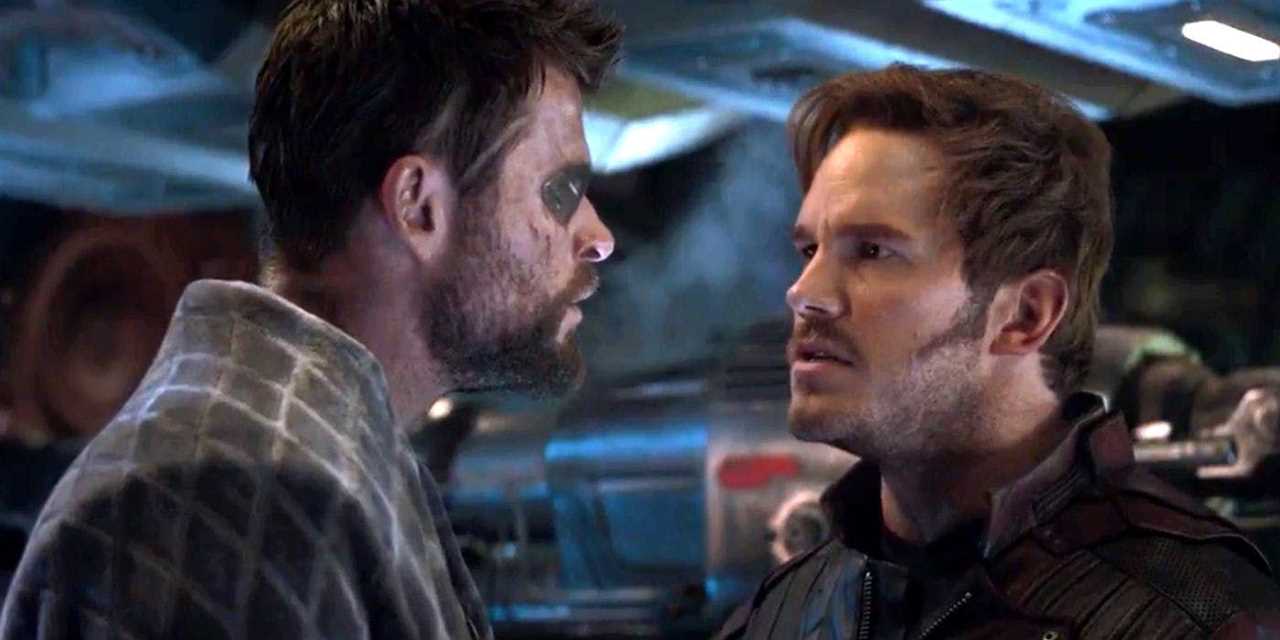
Watching this lifeless turn, one’s memory can’t help but go back to a time when Chris Pratt at least seemed like a potentially exciting choice for a leading man. The way he gave Emmet in The LEGO Movie such a believable sense of optimism or the humorous way he portrayed the vulnerable foibles of Star-Lord in Guardians of the Galaxy. Even dating back to his time as a character actor appearing in small roles in movies like Her, there was a deeply relatable quality to this guy that came from him being unafraid to look flawed or awkward.
Even Pratt seems to be conscious of how often he’s been cast in conventional action movie leads if one of his roles in The LEGO Movie 2: The Second Part is any indication. That follow-up saw Pratt pulling double-duty as Emmett and also Rex Dangervest. The latter character is an ultra-tough heroic figure hewing so closely to Pratt’s standard post-2014 roles that he has his own horde of velociraptors following his every order.
Though Dangervest is never quite as cutting or as insightful of a parody as he could be, it’s still the rare modern example of Pratt subverting the kind of characters he’s become stuck with. There was indeed an era where those kinds of parts were the norm rather than the exception. This was a period where it looked like Pratt had the potential to be something truly special as a leading man by channeling naivety and vulnerability rather than relentless machismo. But by embracing bog-standard roles in movies like The Tomorrow War, Pratt ended up losing his way and making the halcyon days of 2014 seem like an eternity ago.
-----------------------
By: Douglas Laman
Title: Why Chris Pratt Isn't a Good Leading Man
Sourced From: collider.com/why-chris-pratt-isnt-a-good-leading-man/
Published Date: Tue, 20 Jul 2021 14:31:28 GMT
Did you miss our previous article...
https://ballerawards.news/movies/how-to-watch-the-suicide-squad-at-home

